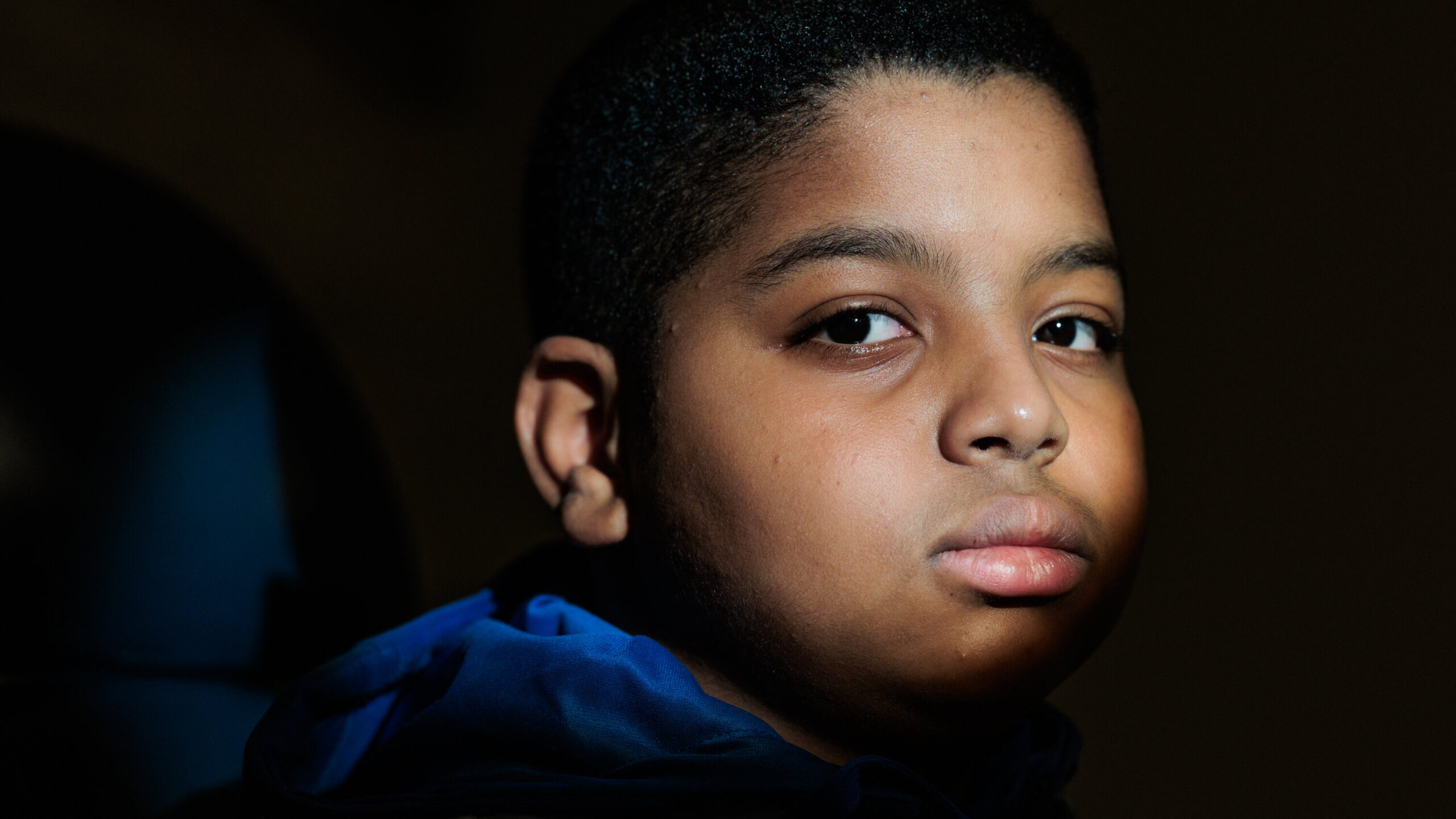A groundbreaking gene therapy has successfully restored hearing in a young girl with hereditary deafness. Opal Sandy, a toddler from the U.K., was born deaf due to a rare genetic mutation in the otoferlin gene. This mutation is responsible for less than 1% of all cases of deafness, making it a relatively rare form of the condition.
The experimental therapy, known as DB-OTO, was developed by biotechnology company Regeneron and involved injecting a genetically modified virus into the ear to correct the faulty gene. Opal received the therapy at 10 months old and began showing signs of improvement just four weeks after treatment. After six months, her hearing in the treated ear was considered normal for typical conversation tone sound frequencies.
Dr. Lawrence Lustig, a physician involved in the clinical trial, presented the results at the American Society for Gene and Cell Therapy annual meeting. He expressed optimism about the potential of this therapy to treat genetic deafness caused by otoferlin mutations. Another patient, a 4-year-old male, has also shown early signs of improvement in his hearing after receiving the treatment.
The success of this gene therapy has opened up new possibilities for treating hereditary deafness at its root cause. With ongoing clinical trials enrolling participants in sites across the U.S. and Europe, researchers are hopeful that this treatment could become a viable option for individuals with genetic deafness in the future.
Overall, this development represents a significant advancement in the field of gene therapy and offers hope for individuals with rare forms of deafness. The unbiased and factual reporting of this groundbreaking treatment underscores the importance of early intervention in addressing genetic conditions that affect hearing.




